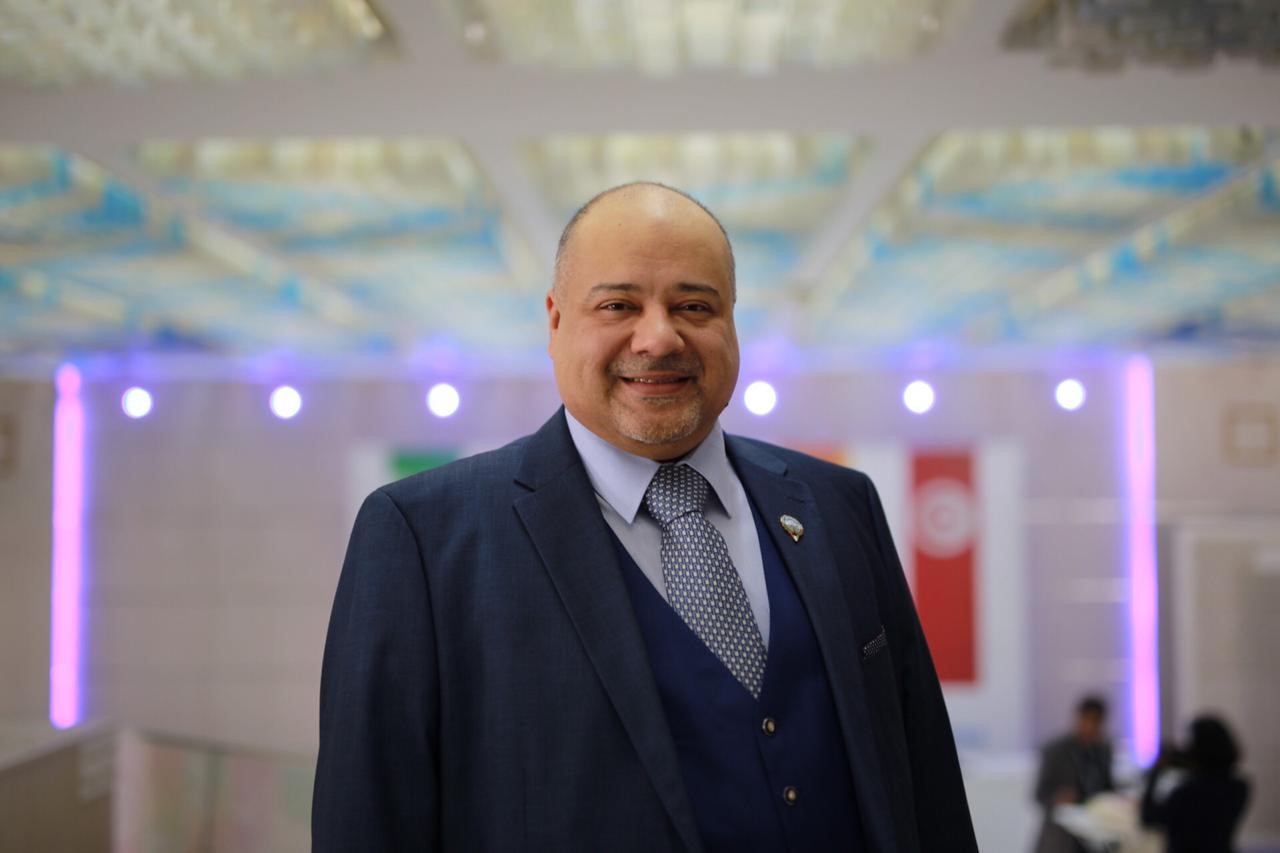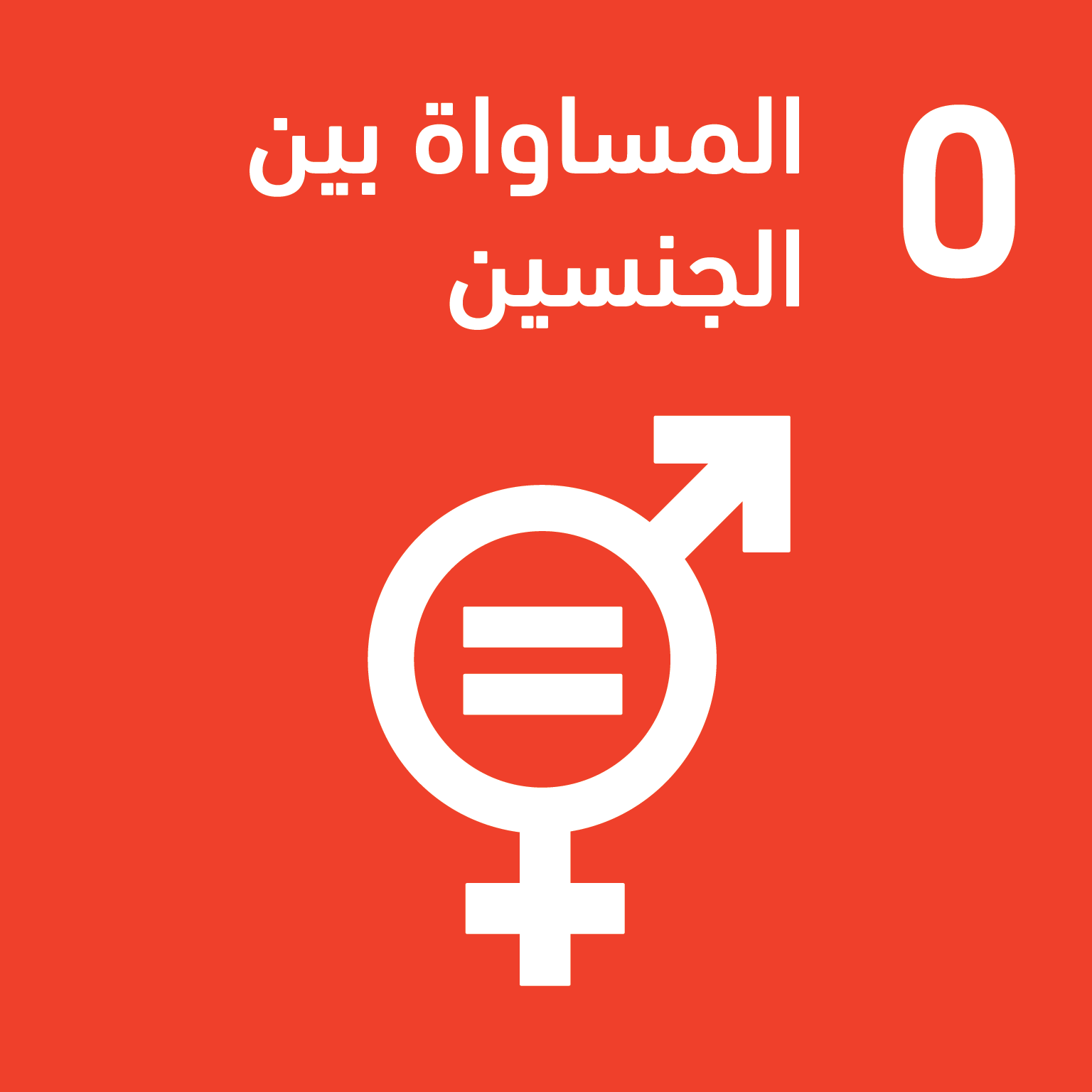From where I stand: “Women should play a vital role in Kuwait’s future”
Dr. Khaled Mahdi is the Secretary-General of the General Secretariat of the Supreme Council for Planning and Development (GSSCPD) of Kuwait. In this position, he is in charge of overseeing the implementation of the Sustainable Development Goal 5 (SDG5) on gender equality and the empowerment of women in Kuwait. Dr. Mahdi is a B.Sc. graduate of the University of Toronto and holds a Ph. D. in Chemical Engineering from Northwestern University. Recently, he attended the Tunis Forum on Gender Equality to represent the State of Kuwait in the panel discussion on “Taking forward gender equality in the Arab States region”.Date:

“Kuwait has been supporting and accelerating the implementation of SDG5 since 2015 when the His Highness the Amir of Kuwait adopted, together with other world leaders, the Agenda 2030 for Sustainable Development, including the 17 Sustainable Development Goals at the United Nations. This vision materialized with an action plan that has been implemented for the last two years in alignment with the goals of State Vision Kuwait 2035 and the New Kuwait National Development Plan.
Kuwait has dedicated a budget and action plan for SDG5 as part of the national development plan because women are seen as a cadre of well-educated nationals who should play a vital role in the country’s future. Kuwait leads by example in promoting the implementation of SDG5 and has worked closely with national and UN partners to develop a comprehensive and innovative action plan that directly addresses the targets of SDG5 as they are relevant to the national development context. Accordingly, the General Secretariat of the Supreme Council for Planning and Development has invested resources in women’s empowerment in the political, social and economic spheres. The national SDG5 plan aims to achieve an inclusive society where gender equality is practiced and supported by all sectors.
The government, in partnership with Kuwait University, UNDP Kuwait and UN Women, has held a number of training workshops over a period of one year for Kuwaiti women to increase their participation in leadership positions through capacity-building.
Under this action plan, and for the first time in Kuwait, the government actively encourages the private sector to advance women’s empowerment. The GSSCPD launched a national initiative to promote the Women’s Empowerment Principles (WEPs) in the private sector along with UN Women and UNDP in 2018. From only three companies prior to October 2018, 15 CEOs from major Kuwaiti companies have now committed to empower women in the workplace, marketplace and community, and have registered on the WEPs global platform. Additionally, another 10 companies are pending formal approval to become official WEPs signatories. The role of the private sector to empower women economically, and the flow-on impact women’s economic empowerment has on other targets of SDG5is recognized and with the support of the government progress is made towards achieving SDG5.
The Government also wanted to develop white paper policies on gender issues. Therefore, it conducted two comprehensive national household surveys: one on women’s reproductive health and one on domestic violence, the first in the Gulf region, which included more than 1,900 Kuwaiti men and women. This was followed by workshops and strategy-building between experts from public sector, academics and NGOs.
This action plan strengthens and endorses the State’s commitment towards women’s empowerment and brings together actors from all sectors to work closely for the achievement of SDG5 in Kuwait. In addition to training female aspirants to run for political office (for the first time in the GCC) but also influencing major companies to lead by example in encouraging women in their organizations. As SDG5 also emphasizes protecting women from unlawful discrimination, the ground-breaking studies will pave the way to see if policies need to be re-evaluated. This multi-stakeholder approach will ensure sustainability of the achievements under this action plan in accordance with His Highness the Amir’s State Vision Kuwait 2035.
-----------------------------------------------------------------------------------
 In partnership with the Women’s Research and Studies Center (WRSC) at Kuwait University, the UN Women Regional Office for the Arab States and UNDP Kuwait, the General Secretariat of the Supreme Council for Planning and Development (GSSCPD), led by Dr. Khaled Mahdi, is implementing a 2-year project to accelerate the implementation of SDG5 on gender equality and women’s empowerment in Kuwait.
In partnership with the Women’s Research and Studies Center (WRSC) at Kuwait University, the UN Women Regional Office for the Arab States and UNDP Kuwait, the General Secretariat of the Supreme Council for Planning and Development (GSSCPD), led by Dr. Khaled Mahdi, is implementing a 2-year project to accelerate the implementation of SDG5 on gender equality and women’s empowerment in Kuwait.